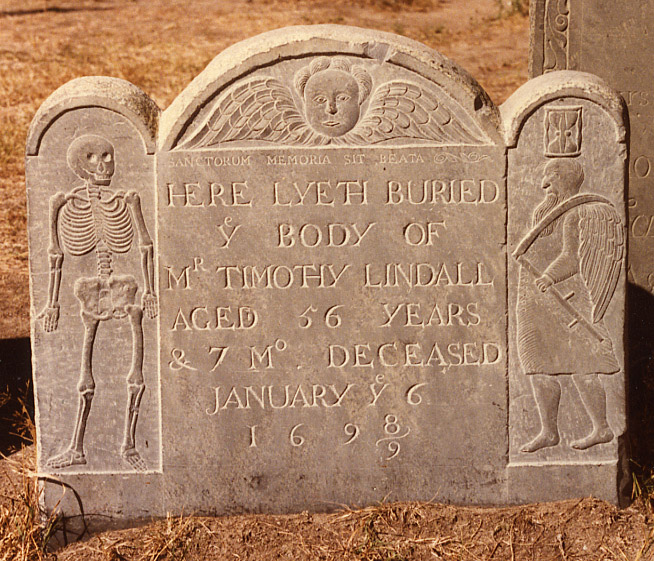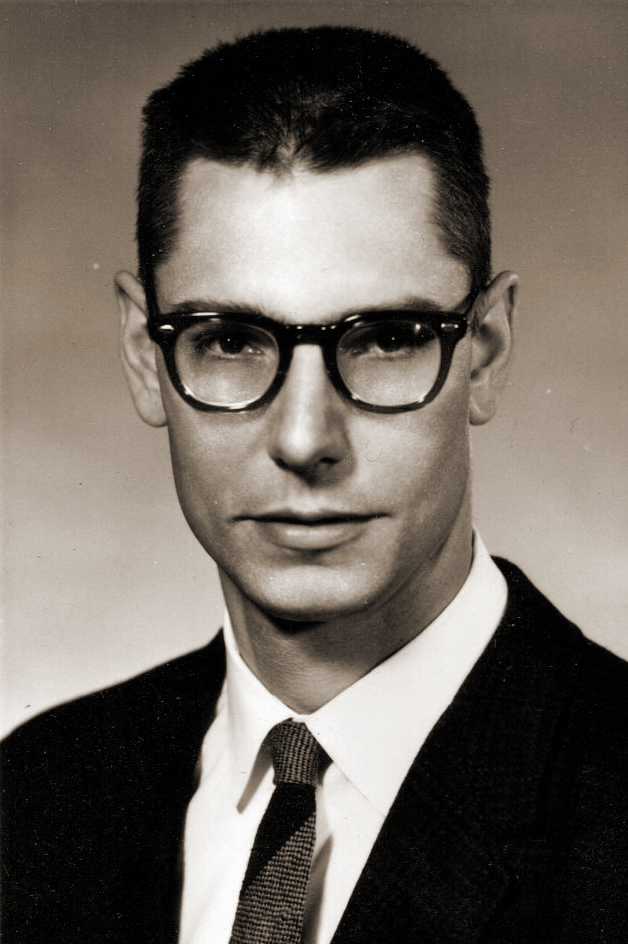Christopher Bryson and Joel Griffiths Papers
In the spring of 1997, the investigative journalists Chris Bryson and Joel Griffiths were commissioned by the Christian Science Monitor to investigate the connections between the Manhattan Project and the origins of fluoridation of drinking water supplies. Using reclassified documents obtained through Freedom of Information requests and deep archival research, Bryson and Griffiths uncovered a powerful story that connected the rise of fluoridation to the rise of atomic weapons production in the early Cold War era. Although the Monitor elected not to publish the article, it appeared in the anti-fluoridation journal Waste Not in 1998, and was cited as the year’s 18th most censored story in the 1998 Project Censored Series. Bryson continued his work on the military-industrial roots of fluoridation in a later book, The Fluoride Deception (2004), which received that year’s Project Censored Award.
The Bryson-Griffiths collection consists of materials compiled by the authors during the course of their research, representing the intellectual work of a decade of study on the politics and science of fluoridation. The collection includes a range of correspondence, transcripts of original interviews, memos between Bryson and Griffiths, and archival material gathered from the Manhattan Project and Kettering Laboratory archives. Noteworthy among these materials is a series of suppressed, unpublished, industry-funded studies that found fluoride harmful.



